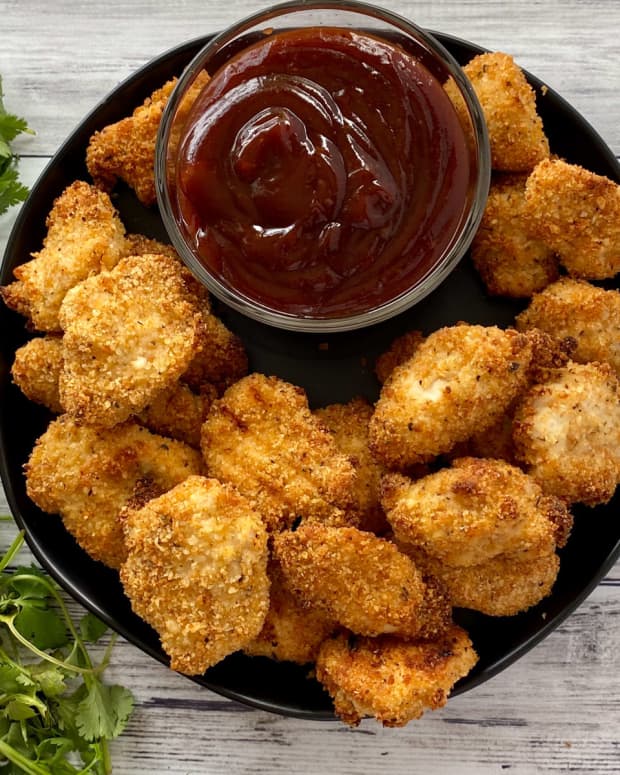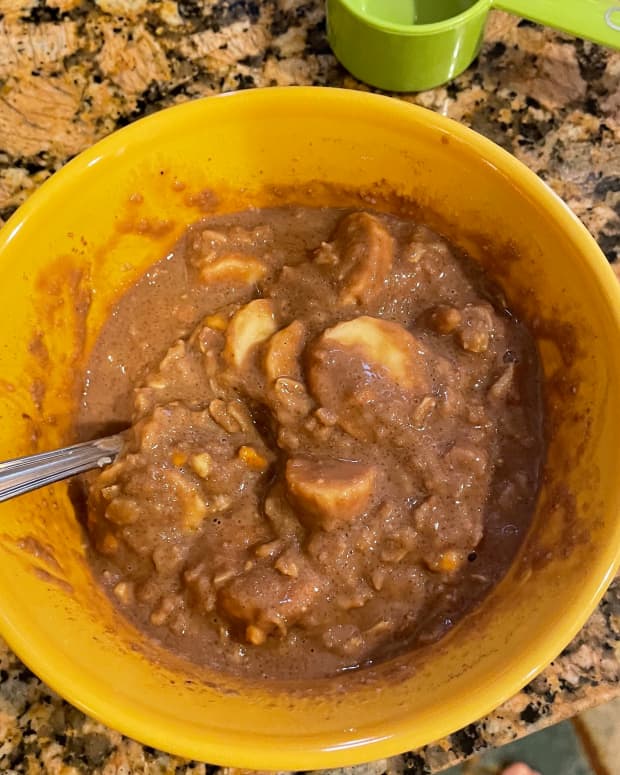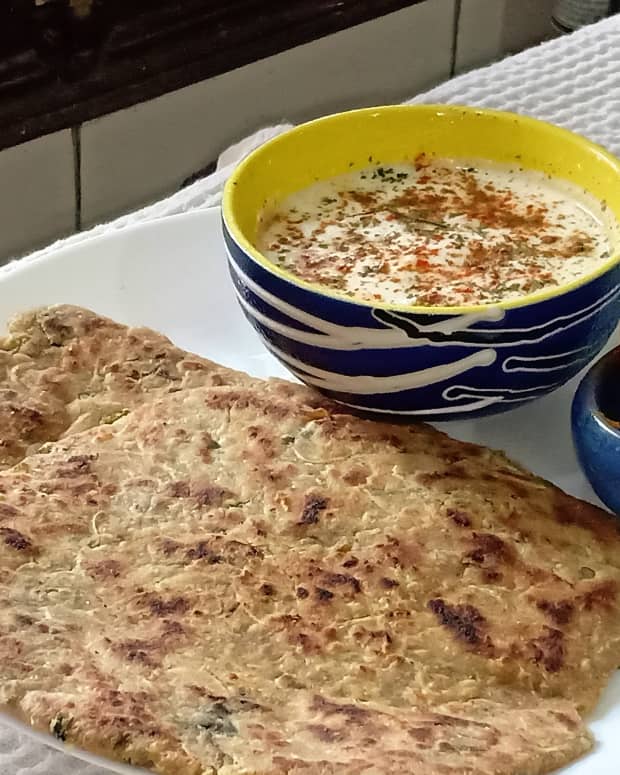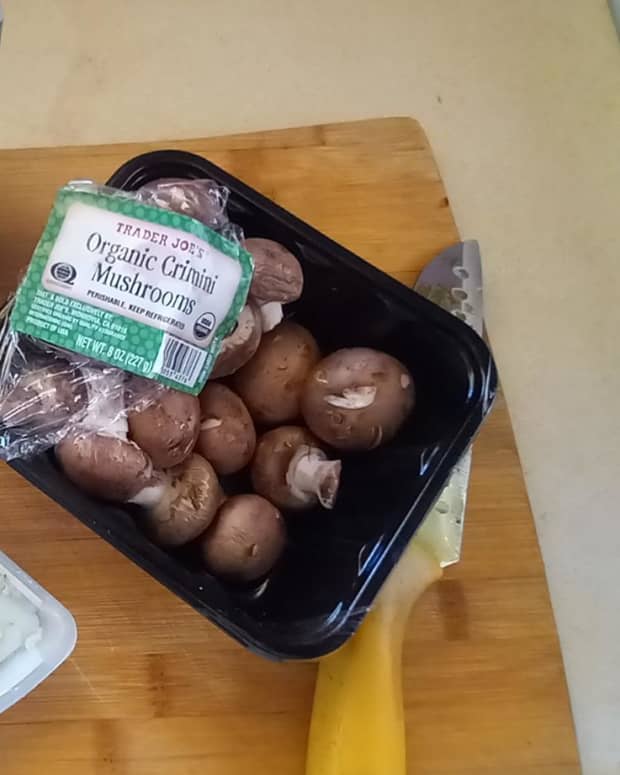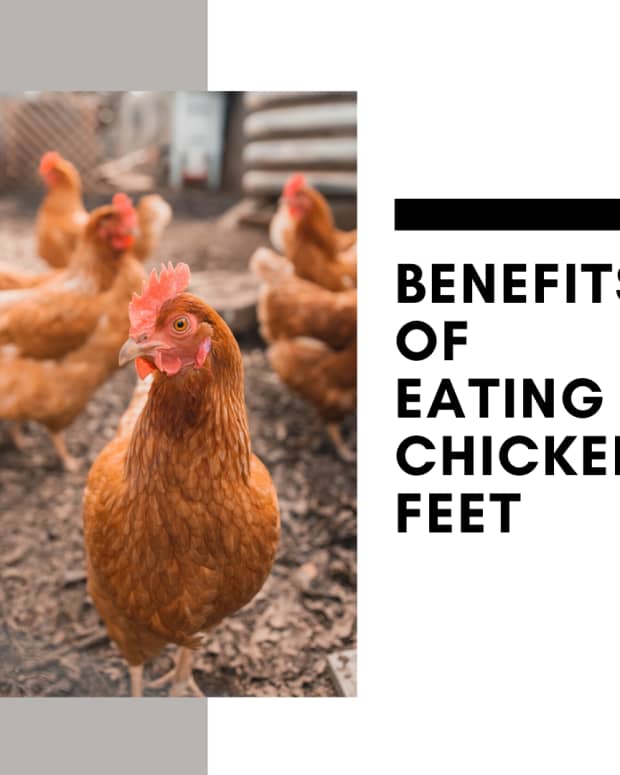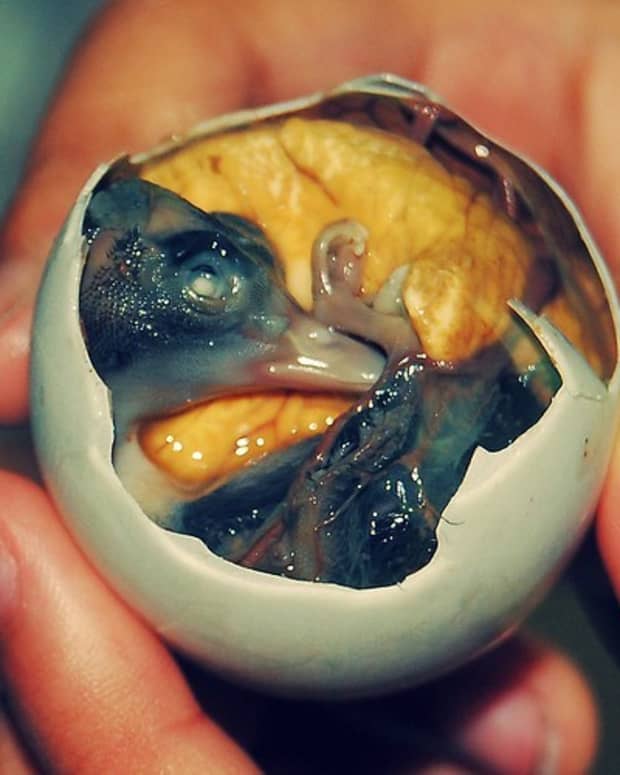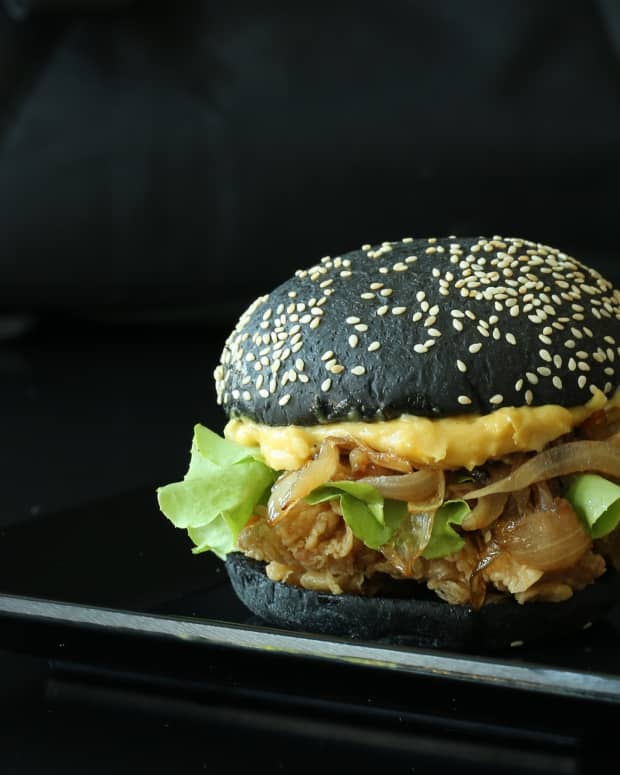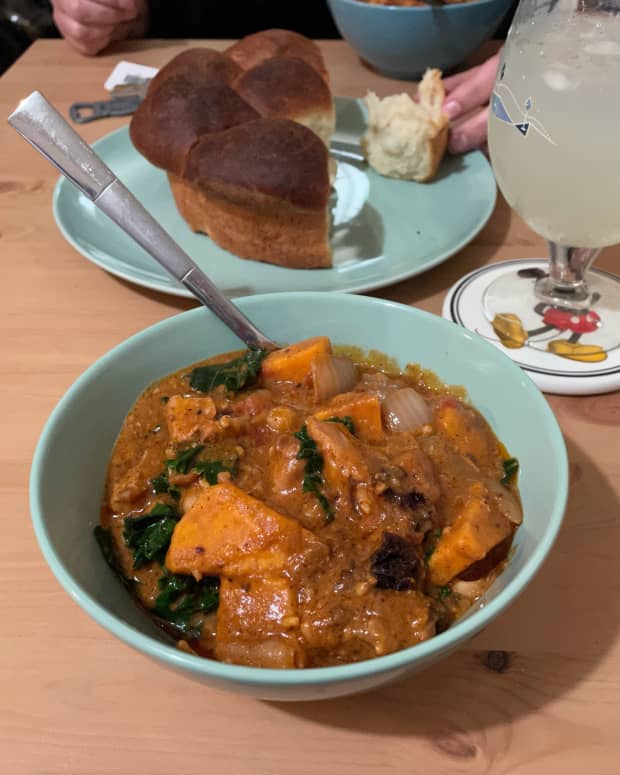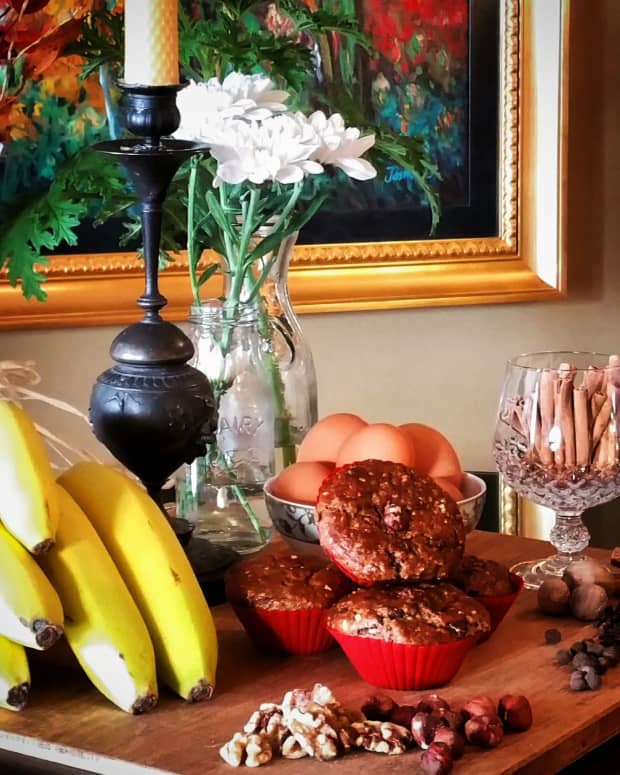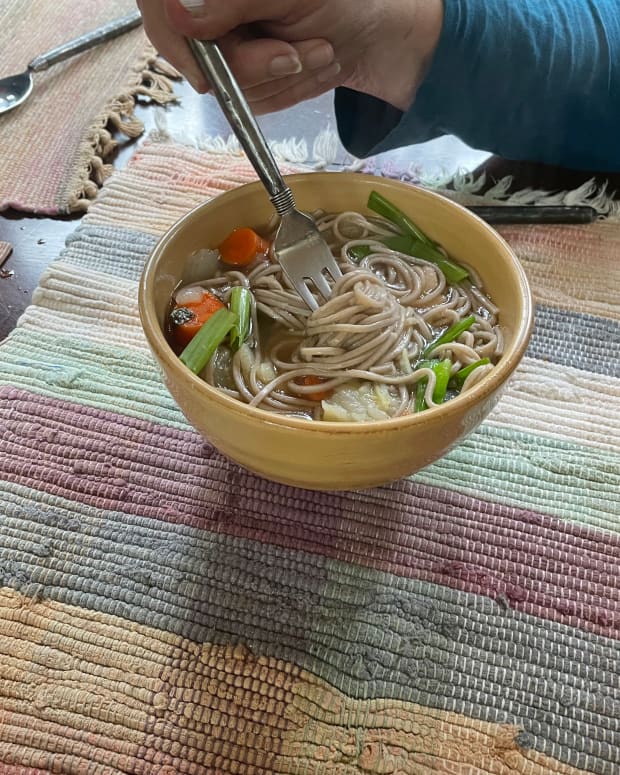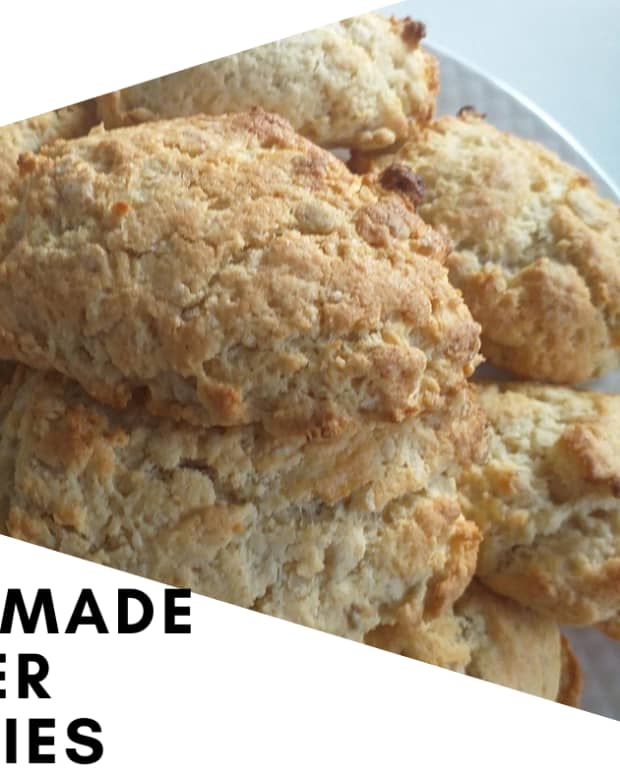How to Store Coffee and Keep It Fresh: A Beginner's Guide
Paul's passion for making and consuming coffee extends back over thirty years. An extensive traveler, he currently lives in Florida.
I've been an enthusiastic brewer and drinker of coffee for over twenty-five years. I am constantly complimented for the quality of my drinks by family and friends.
They think that I have a secret method, but the truth is that keeping the coffee tasting fresh and flavorsome involves sticking to a relatively few simple rules, which most people don't follow.
This article discusses the eight main ways to keep your coffee tasting great.
8 Main Ways to Keep Coffee Fresh
- Buy beans, not ground coffee.
- Valve sealed coffee is better than vacuum-sealed coffee.
- Store in an air-tight container.
- Store in a cool, dark place.
- Do not keep coffee for longer than two weeks.
- Avoid freezing your coffee.
- If you freeze your coffee, only freeze it once.
- Do not refrigerate.
1. Buy Beans
One piece of advice that I was lucky enough to learn early on in my life is that you should always buy your coffee in bean form. Beans hold the flavor much better than grounds.
If you buy your coffee beans loose from a specialty store (rather than in a sealed packet) then try to buy enough to last you a week or so. Don't be tempted to buy bulk, as the taste will deteriorate over time.
Grinding should then always be done immediately before brewing to capture the best taste.
Buying a grinder need not necessarily be an expensive purchase either, there are plenty of inexpensive machines out there.
The Different Types of Coffee Grinder
There are two main types: blade and burr:
- Blade grinders are often the most affordable type of machine and work by cutting up the beans with a rotating blade. They are easy to use but can be relatively loud. Blade machines are usually electrically powered, but there are also manual versions that operate using a hand crank.
- Burr grinders are more expensive, but are quiet and deliver a more accurate grind. They work by crushing the beans with a grinder wheel. There are two main types, conical and burr. Wheel machines are less expensive but conical grinders are the most accurate.
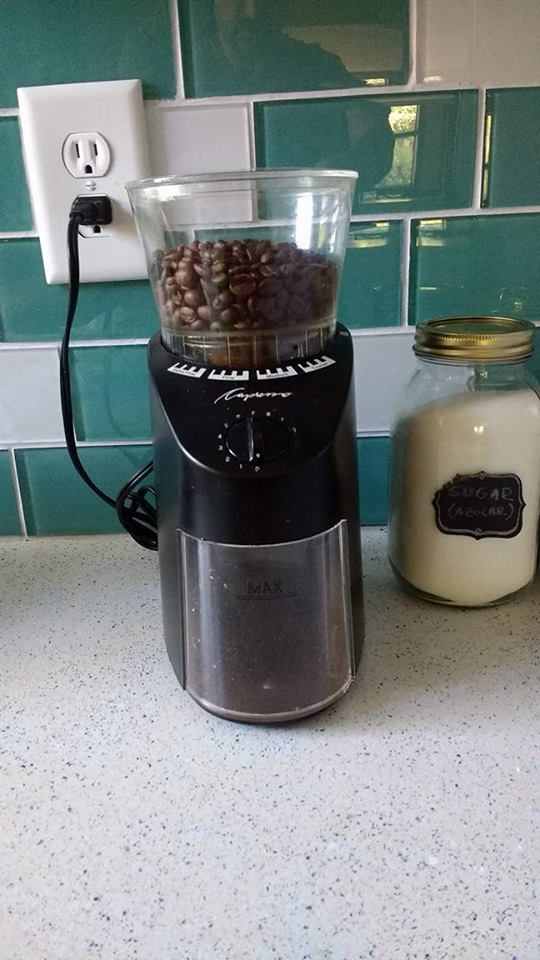
My Capresso burr grinder. Burr grinders are the best way to produce consistent sized grounds and maximum flavor, but any form of grinding is generally better than buying your coffee ready ground if you desire a full taste.
Self
2. Valve Sealed is Better Than Vacuum Sealed
Valve sealed is more effective for maintaining bean freshness because of the process used. Coffee beans that are vacuum-sealed have already sat around and lost some of their flavors before the vacuum sealing process begins.
I personally tend to buy my coffee beans loose and keep packets as a back up for occasions when I run out.
3. Use an Air Tight Container
Another simple piece of advice that can make a huge difference is to buy an airtight container and keep your coffee beans in there.
There are many affordable airtight containers out there that will do the trick. The best containers will protect the beans from moisture, temperature extremes, and excessive light (see #4). Beans quickly lose their flavor if exposed to these elements.
The ideal material for a coffee container is glass or ceramic, although stainless steel can also work well. The important thing is that the container has an effective seal.
To me, the smell of fresh-made coffee is one of the greatest inventions.
— Hugh Jackman
4. The Storage Space Should be Cool, Dark, and Dry
The four main enemies of keeping a flavorsome taste are:
- Air
- Moisture
- Light
- Extreme heat or cold
Keeping coffee in the window next to the stove, for example, where it will be exposed to sunlight and possibly heat from an oven, is never a good idea.
Ideally, you should store your coffee somewhere convenient and within reachable distance of your brewer, but always away from air, moisture, and sources of light and heat.

It is important not to expose your coffee to large amounts of sunlight, as this can damage the taste. Moisture and excessive heat can also diminish the flavor, as can extreme cold. You should never refrigerate or freeze coffee if you can help it.
5. Do Not Keep Coffee Longer Than 2 Weeks
After 14 days, the coffee will have lost much of its freshness and flavor.
The trick, therefore, is to buy coffee in relatively small quantities, enough to last you a week or so. That might mean more trips to the store, but it's certainly worth it in my opinion.

Generally speaking, you want to avoid storing exposed coffee beans for longer than two weeks. This usually means buying smaller portions of coffee, enough to last you just a week or so.
6. Avoid Freezing
Firstly, the coffee is liable to absorb odors from other foods in the freezer. Seafood can be a particular problem.
Secondly, an essential element of coffee’s taste comes in the oils that it contains, these oils are broken down by the freezing process.
7. If You Do Freeze, Do Not Return to Freezer After Removal
This might mean splitting up a bulk bag of coffee beans into weekly portions in order to avoid this. As I wrote earlier, try to avoid bulk buying altogether, if possible.
The dramatic temperature changes involved with freezing and thawing are not good for the freshness and should at least be minimized, preferably stopped altogether.
8. Don’t Refridgerate
The reasons are similar to those for freezing. The combination of the exposure to strong smells and cold temperatures will damage the taste.
The storage place you choose for your coffee should be cool, but not as low as refrigeration levels.
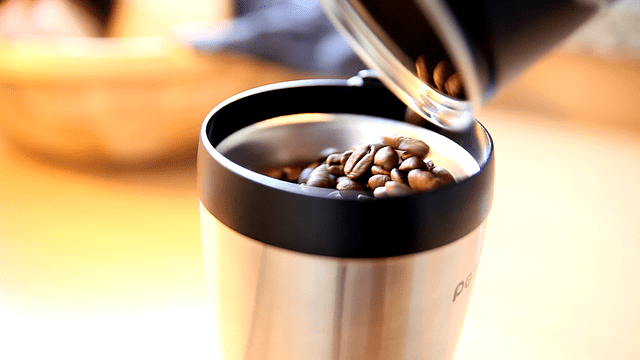
Freezing, or storing coffee in the fridge should be avoided when possible. It can cause the taste to be diminished. There is also a danger of odors from other foodstuffs contaminating the taste. Seafood is a particularly bad culprit for this.
I love coffee. It's one of my favorite things in the world, and I love tasting different coffees.
— Max Schneider
A Brief History of Coffee
- The earliest coffee culture developed in the Ethiopian highlands. According to legend, a goat herder called Kaldi noticed that when his goats ate berries from certain plants, they became very spirited and didn't sleep at night.
- The Arabs were the first people to cultivate and trade coffee. Large-scale cultivation first began in Yemen. From there, the drink gradually became known in Persia, Egypt, Syria and Turkey.
- As well as at home, coffee was also drunk in public coffee houses, known as "qahveh khaneh" by the Arabs.
- News of the drink spread to other places largely through travelers to the holy city of Mecca.
- Coffee reached Europe in the 17th century. It initially caused some controversy, with some wanting the drink made illegal. Pope Clement VIII was asked to impose a ban, but after experiencing a cup, he did the opposite and gave it papal endorsement.
- Coffee houses began to appear in England, Austria, France, Germany and Holland. In London alone there were 300 of them by the middle of the 17th century.
- Coffee was first taken to America in the mid 1600s by the British. Tea would remain the most popular drink, however, until the "Boston Tea Party" in 1773 when there was a revolt against British taxes on tea. After that, Americans drank coffee as their preferred beverage.
- The Arabs were very protective about their coffee cultivation, but at the end of the 17th century, the Dutch managed to get hold of some seedlings and, after failing to grow them successfully in India, managed to cultivate them on the island of Java (now part of Indonesia).
- Other European powers began growing coffee and its cultivation spread around the world. Nowadays it is grown in Asia, Africa, Central and South America, the islands of the Caribbean, and the Pacific. It is the second most lucrative legal trade after oil.
Black Coffee: PBS Documentary on the History of Coffee
Questions & Answers
Question: What is the best container for storing coffee?
Answer: The most important thing when considering a container is that is should be airtight. That means that the container should have an adequate seal, so that it keeps out moisture when closed.Glass or ceramic jars work well (as long as you keep them away from sunlight and sources of heat). Stainless steel containers are also an option.
© 2011 Paul Goodman
Comments
b. Malin on March 26, 2011:
I have to say we store our coffee in the Refrigerator...we only drink it on weekends. Enjoyed your Hub, lots of good, "I'll try that information". Thanks for sharing.
Kelly Umphenour from St. Louis, MO on March 26, 2011:
Thanks Mr. Goodman - I am a coffee addict! I really didn't know many of the tips you offered. Like not to put coffee back in the freezer. I do that a bunch - but no more! Thanks - this is great - I am also going to change to an airtight ceramic container;)
Reynold Jay from Saginaw, Michigan on March 25, 2011:
Hey--if it ain't fresh what would be the point in it?I enjoyed this very much. You have this laid out beautifully and it is easy to understand. Keep up the great HUBS. Up one and Useful. Hey! I'm now your fan! If you visit my HUB with Linda, please leave a brief a comment as it will brighten her day. RJ
GPSWorldTraveler from Washington State, USA on March 25, 2011:
Thanks for the tips. My husband and I are coffee nuts and found your article useful... appreciate the information.


